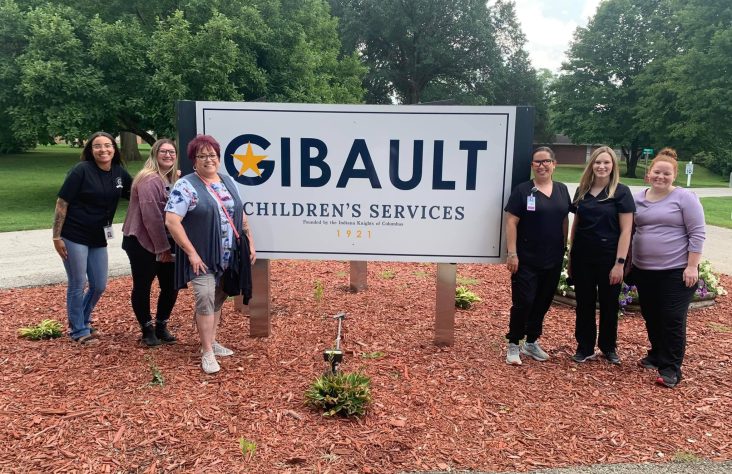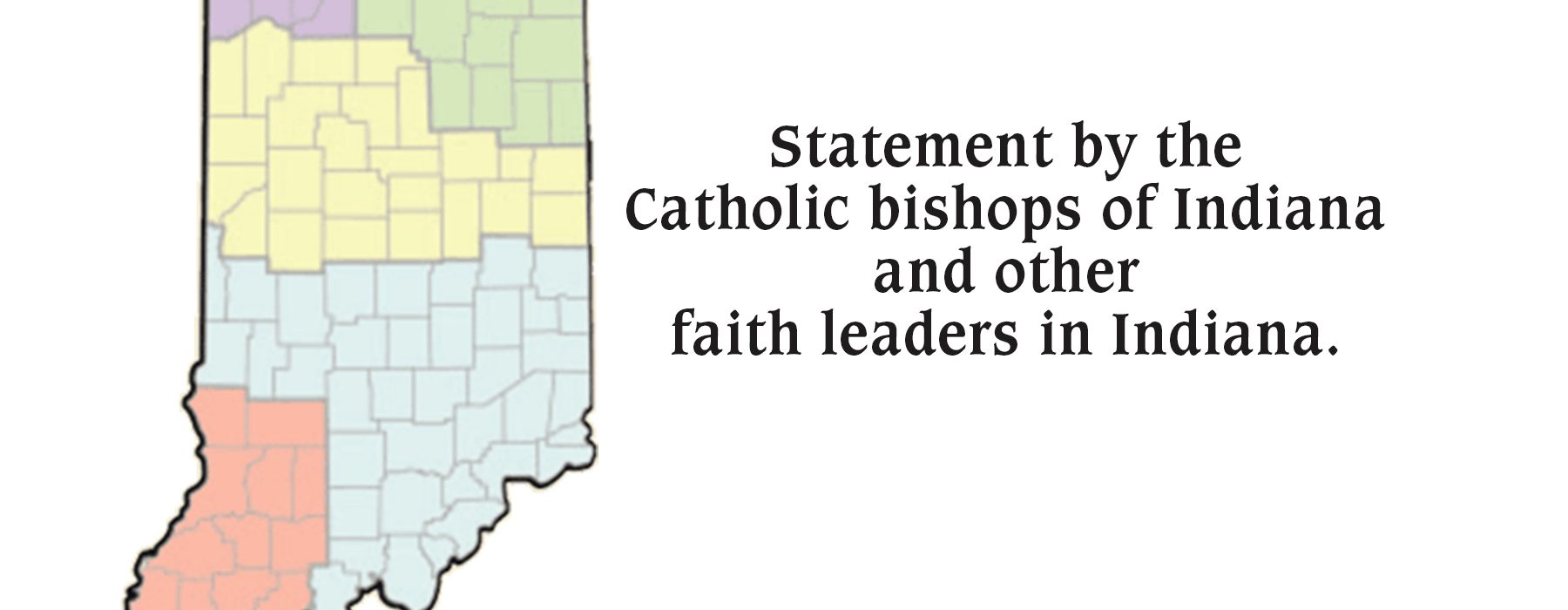February 20, 2018 // Bishop
Protect the poor and vulnerable by opposing predatory payday loans
The following is a statement signed by the Catholic bishops of Indiana and other faith leaders in Indiana.
We oppose Indiana House Bill 1319, which opens doors for lending practices that are unjust and which take unfair advantage of people in desperate circumstances. Together, we call on the Indiana Senate to reject this bill and find ways to establish more just legislation that protects the poor and vulnerable among us.
Across our religious traditions, we believe that economic life is intended to be a means through which God’s purposes of security and flourishing for all people and creation are to be served. When this does not occur, the Church cannot remain silent. We are called to address injustice and to seek changes in economic life in light of the biblically-grounded imperative of a sufficient, sustainable livelihood for all.
Indiana House Bill 1319, which, among other things, allows for annual interest rates on some loans of 222 percent, violates our common commitment to justice and protecting those most vulnerable. Rates of more than 72 percent are considered felony loansharking in current Indiana law. Sometimes called “payday loans,” such loans would make it likely that a person who borrows up to $1,500 to cover utilities or other day-to-day expenses (as is the case for most folks who seek such loans) will be required to pay thousands more in interest than the amount of the original short-term loan. Those who use payday loans are often lower income persons and families whose paychecks are just short of covering the month’s expenses and quickly become entrapped in a web of interest and debt.
Lending practices that, intentionally or unintentionally, take unfair advantage of one’s desperate circumstances are unjust. Taking advantage of the financial distress of vulnerable people and communities has a long history. Unscrupulous and exploitative banking has existed from the usury condemned in the Bible. The State’s purpose and duty is to protect and facilitate the common good. The weakest members of society should be helped to defend themselves against usury.
We appeal to conscience and what is just and right. Taking advantage of someone and exploiting them is wrong. Although it may be legal, it does not remove one’s obligation to do what is just. Extending the payday lending practice does not benefit the person, and it is contrary to providing for the common good, to helping persons and our society flourish. We ask the legislature to defeat this bill.
Most Reverend Kevin C. Rhoades, Bishop, Diocese of Fort Wayne-South Bend
Most Reverend Charles C. Thompson, Archbishop, Roman Catholic Archdiocese of Indianapolis
Most Reverend Donald J. Hying, Bishop, Diocese of Gary
Most Reverend Bishop Siegel, Bishop, Diocese of Evansville
Most Reverend Timothy L. Doherty, Bishop, Diocese of Lafayette-in-Indiana
Rev. Chad R. Abbott, Designated Conference Minister, Indiana-Kentucky Conference, United Church of Christ
The Rt. Rev. Jennifer Baskerville-Burrows, Bishop, Episcopal Diocese of Indianapolis
Rev. Soozi Whitten Ford, Executive Minister,
American Baptist Churches of Indiana and Kentucky
Rev. Joan C. Friesen, Executive Minister, American Baptist Churches of Greater Indianapolis
Rev. Dr. William O. Gafkjen, Bishop, Indiana-Kentucky Synod, ELCA
Rev. Richard L. Spleth, Regional Minister, Christian Church (Disciples of Christ) in Indiana
Rev. Taylor Alan Thames, Executive Presbyter, Whitewater Valley Presbytery, Presbyterian Church (USA)
The Rev. Dr. Julius C. Trimble, Bishop, Indiana Conference of The United Methodist Church
The best news. Delivered to your inbox.
Subscribe to our mailing list today.






